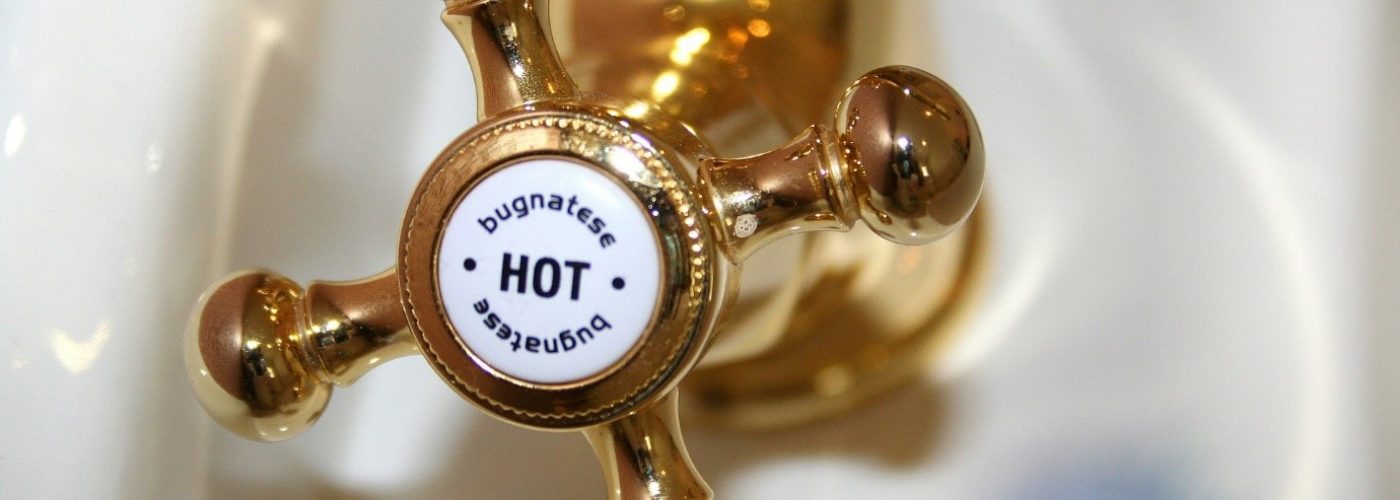The joy of getting up and enjoying a shower in the morning cannot be overstated. However, the horror of stepping into that blissful shower to discover that your hot water cylinder is delivering nothing, but icy cold water is not the rude awakening you want. So, what causes a household to run out of hot water? More importantly, what can be done about it?
I once lived in a rental apartment which had a hot water cylinder so small that in order for me to wash and condition my hair required a two-part shower. I’d wash my hair, add the conditioner, turn the shower off and wait for the hot water cylinder to heat up again, then wash my conditioner out. This was great if you wanted a really deep conditioning treatment, not so great if you were running late for work. In order to make sure that you and your household don’t go without hot water, there are a few tips and tricks you can look at.
What Type of Cylinder Do You Have?
Although continuous gas hot water cylinders are becoming more popular (continuous cylinders are regularly installed overseas), in Australia one of the primary types of cylinder that has been installed in houses and apartments for years is the standard storage tank. These come in a range of sizes and work by filling the cylinder with cold water and heating the water, often with an electrical element.
This type of cylinder is prone to providing cold showers, because once the heated water has been drained from the tank, it refills with cold water and needs to be reheated. Sometimes the problem is caused by the household having a hot water cylinder that is simply too small for it’s needs, so it is quickly drained (although it also quickly refills and reheats). However, a larger tank may not always be the solution. One person having a luxurious long bath may completely drain the tank, leaving no hot water for an hour or more.
Hot water for everyone
If you have the storage tank type of hot water cylinder, your first option to making sure that there is enough hot water to go around is to have a discussion about anti-social behaviour and hogging all the hot water.
From there, your next option is to work out if you have the right sized tank for your needs. It has been suggested that the average person uses 35l of hot water a day – obviously this is an estimate and will be subject to seasonal fluctuation as well. If there are two of you in a 1-bedroom apartment, a 50l storage cylinder may work. If you are a family of 6, this is unlikely to provide anyone with a warm shower.
The South Australian government has provided a calculator that helps you work out how much hot water you need and looks at your options for hot water supply: https://www.sa.gov.au/topics/energy-and-environment/using-saving-energy/water-heaters/water-heater-calculator. This can provide you a great starting point but talk to your hot water installation professional before making your final decision, as they may have suggestions or advice that fits your specific location and needs; the online calculator is great, but may not think about access, sunlight/shade or a multitude of other considerations that an experienced installer will notice immediately.
Hot Water, All the Time
Once you start looking at options for hot water supply, the idea of instantaneous hot water starts to develop huge appeal. Particularly if you are the one regularly getting a cold shower. Having a gas system can provide a continuous supply of hot water, but people may think they are unable to use this system because there is no natural gas line available in their area. However, these systems can be installed using gas bottles as well as directly to a supply line, so the only issue comes with how easy it is to access the gas bottle to exchange it when it runs out.
Free Hot Water
Another tempting option is using a solar heater (click here) – either purely solar or solar as a boost to an electrical system. Although not actually free, using a solar hot water solution can bring down the costs of heating your water.





